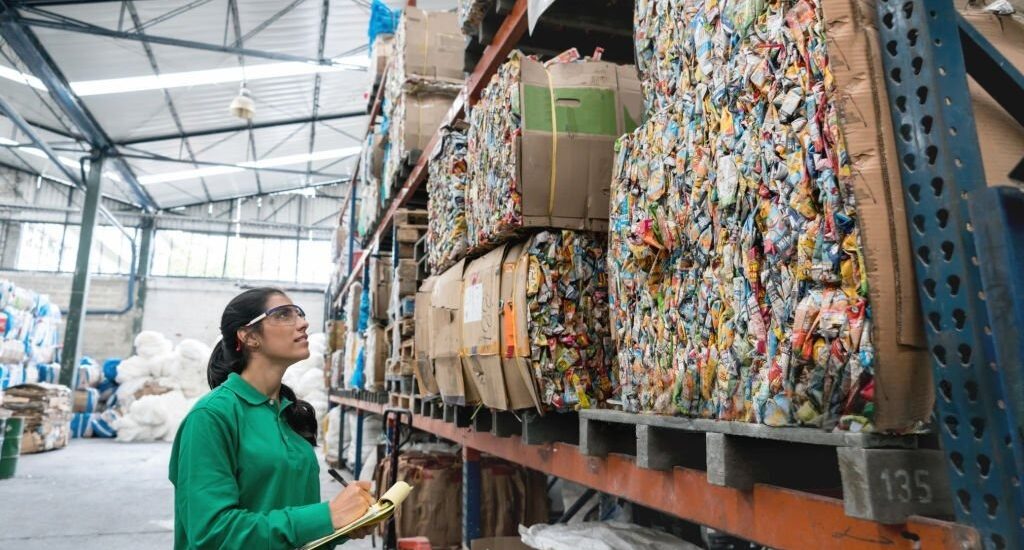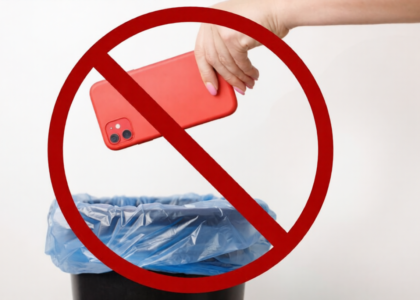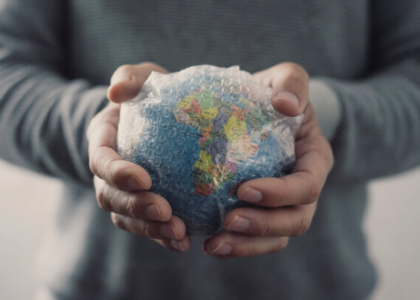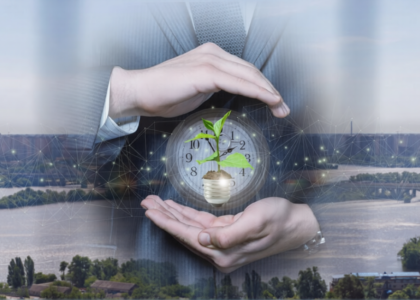By Amb. Canon Otto — Convener, Global Sustainability Summit | Founder, Cleancyclers | SustainabilityUnscripted Contributor
The world is standing on the edge of a waste crisis — but also on the brink of a technological revolution that could redefine how we think about recycling and sustainability.
At SustainabilityUnscripted, we call this new era Recycling 2.0 — a movement where digital innovation meets environmental responsibility. Artificial Intelligence, robotics, blockchain, and data-driven waste tracking are reshaping what’s possible for communities, industries, and governments seeking cleaner, smarter waste solutions.
From Trash to Tech: A New Circular Frontier
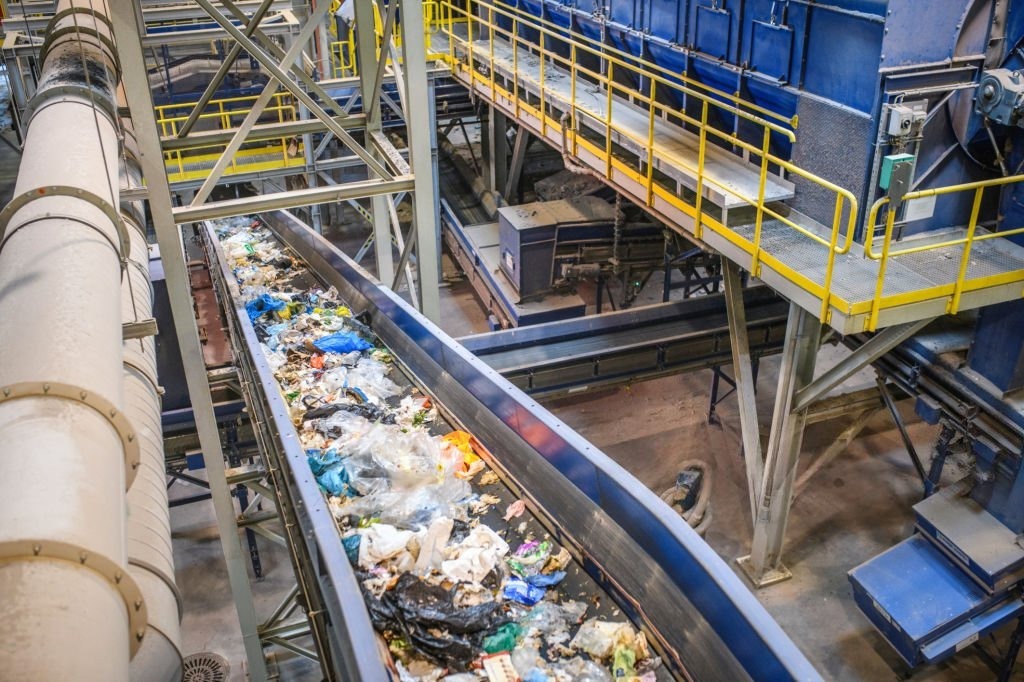
When we talk about recycling today, we’re not just talking about sorting bins or collection trucks. We’re talking about systems that think. AI-driven sorting technologies now identify and separate recyclable materials with precision far beyond human capability. Blockchain is bringing transparency to recycling value chains — ensuring accountability from waste collection to reuse.
Through the Global Sustainability Summit, we’ve witnessed innovators from across continents showcase how digital transformation can empower circular economies — from waste-to-energy startups in Africa to AI-enabled materials recovery facilities in Europe.
And at Cleancyclers, this transformation is already in motion. Using data analytics and tech-enabled recovery systems, Cleancyclers is redefining waste management in Africa — turning discarded solar panels, plastics, and electronic waste into new economic opportunities. By combining technology and community engagement, Cleancyclers is proving that sustainability can be both inclusive and scalable.
“Technology is not the future of recycling — it is the engine driving it.”
— Amb. Canon Otto
Smart Recycling for a Smarter Planet
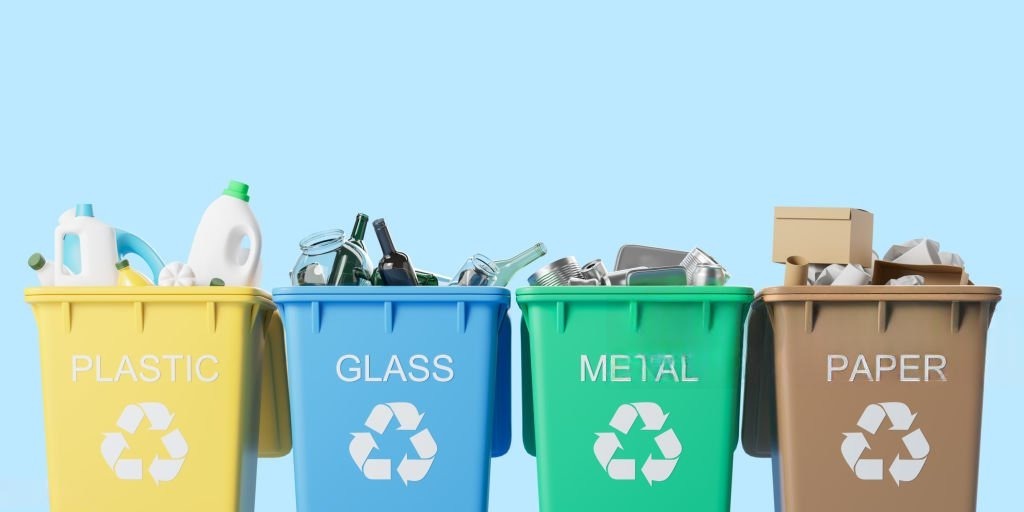
This new wave of digital circularity is more than just innovation; it’s a paradigm shift. SustainabilityUnscripted has been chronicling these unscripted success stories from around the world — stories where innovation meets resilience, and where communities use tech to reclaim their environment.
Whether it’s digital waste mapping in Lagos or sensor-based collection systems in Singapore, the story is the same: when we integrate technology with environmental purpose, we create a cleaner, more transparent, and more equitable planet.
Cleancyclers and the Global Sustainability Summit: Leading by Example
At the heart of Recycling 2.0 is collaboration. The Global Sustainability Summit continues to serve as a global meeting point for thought leaders, innovators, and policymakers, turning bold ideas into scalable action. Through this platform, initiatives like Cleancyclers are not only showcased but also connected to global networks of impact, innovation, and investment.
As Canon Otto, I believe the future of recycling lies not in more waste collection, but in smarter, technology-powered systems that eliminate waste before it exists — systems that empower people to be active participants in sustainability.
The Road Ahead
Our planet doesn’t just need recycling — it needs reinvention.
And that reinvention starts with ideas, collaboration, and technology.
Through SustainabilityUnscripted, we will continue to spotlight these shifts and the people behind them — innovators proving that the future of recycling isn’t a distant goal; it’s already here.
Because Recycling 2.0 isn’t just about managing waste — it’s about managing the future.
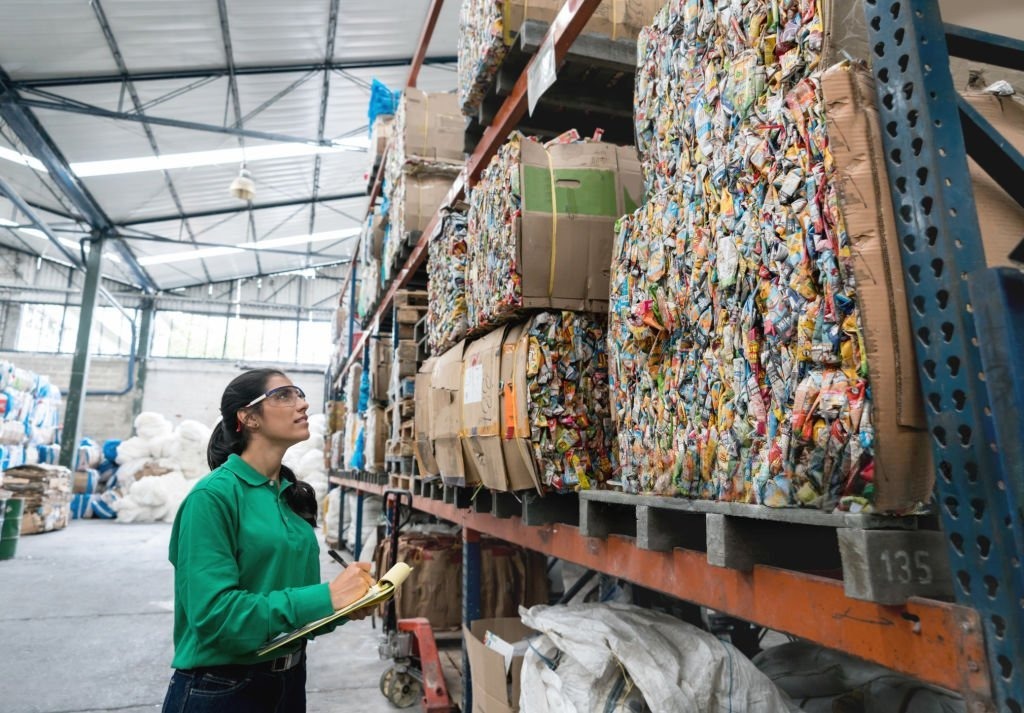
Tags:
#SustainabilityUnscripted #Cleancyclers #CanonOtto #GlobalSustainabilitySummit #CircularEconomy #WasteManagement #RecyclingInnovation #GreenTech #Sustainability #ClimateAction #SmartRecycling #TechForGood

